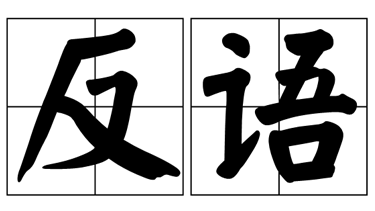例字:kàn,看,look。kū,哭,cry。xiào,笑,laugh。wén,闻,smell。tīng,听,listen。shuō,说,say。jiǎng,讲,speak。chī,吃,eat。chàng,唱,sing。xiǎng,想,think。dǎ,打,hit。tuī,推,push。lā,拉,pull。xiě,写,write。huà,画,paint。xǐ,洗,wash。zhǎo,找,lookfor。zuò,做,do。zuò,坐,sit。tī,踢,kick。tiào,跳,jump。pǎo,跑,run。zǒu,走,walk。lái,来,come。qù,去,go。
动词是一类词性,一般用来表示动作或状态的词汇。
Verbs are a type of part-of-speech, generally used to express actions or states.In English, verbs are mainly divided into two categories according to their functions and functions. One is predicate verbs and the other is non-predicate verbs. In Chinese grammar, the actions or dynamic changes of people or things usually appear after the noun subject or main sentence. In English, verbs also have tense and person changes.


